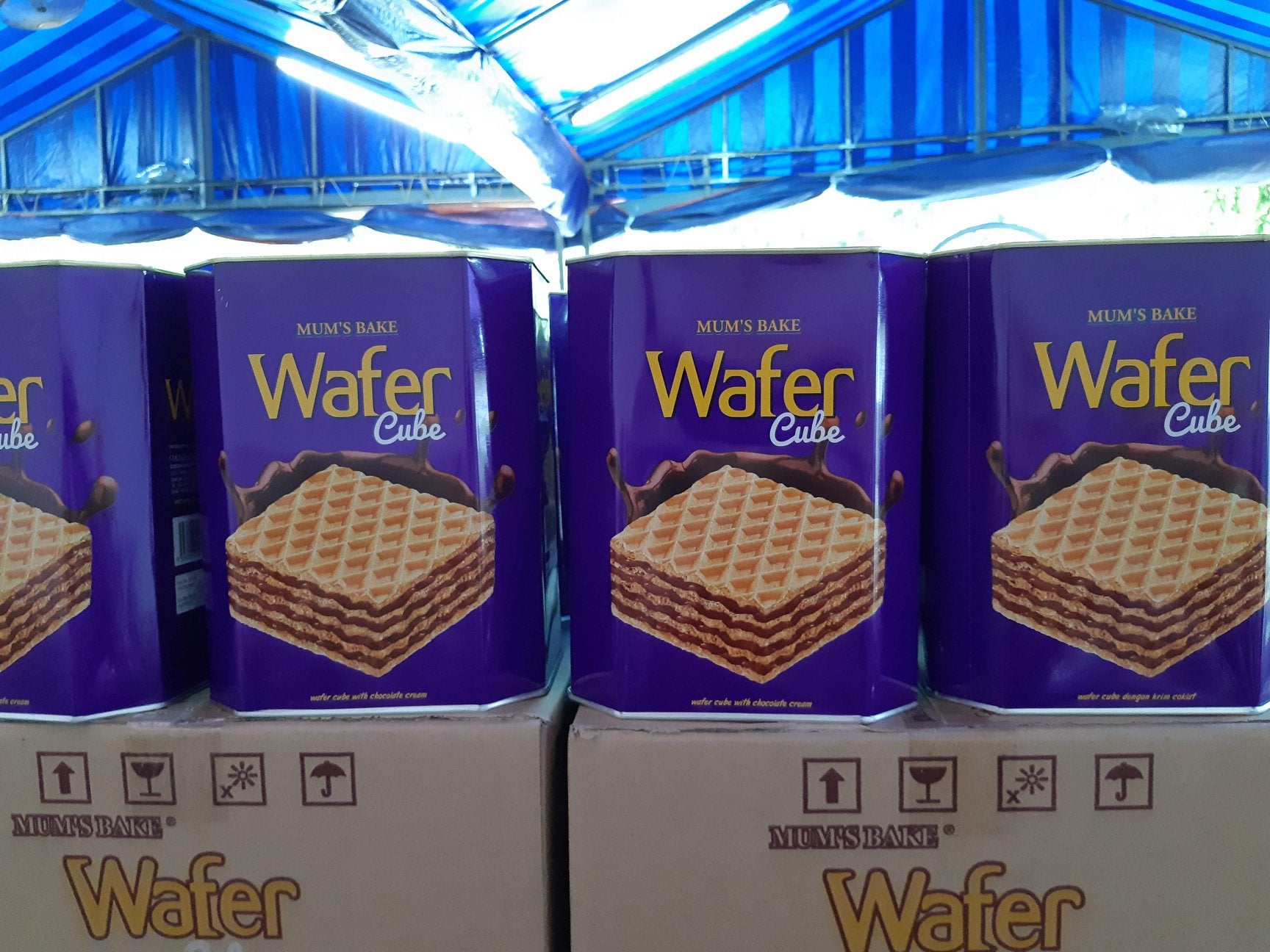
Fraser & Neave Holdings, the Malaysia-based food and beverage maker, has prepared a move to take complete ownership of local peer Cocoaland Holdings.
In a filing with the Malaysia Stock Exchange, Fraser & Neave Holdings (F&NHB) said it would pay just under MYR488.2m (US$111.1m) to buy the shares in Cocoaland it did not own.

Discover B2B Marketing That Performs
Combine business intelligence and editorial excellence to reach engaged professionals across 36 leading media platforms.
Publicly-listed F&NHB is a soft-drinks and dairy manufacturer marketing products in Malaysia and Thailand. Its brands include 100Plus isotonic beverages and Gold Coin milk.
The company also has a halal-food business, set up after the acquisition of a majority stake in Malaysia’s Sri Nona Group last year.
F&NHB first invested in snacks and drinks manufacturer Cocoaland in 2010 and holds a 27.2% stake in the business. The shareholding means F&NHB is Cocoaland’s second-biggest investor. Singapore-based conglomerate Fraser & Neave Ltd owns 55.5% of F&NHB.
Cocoaland’s product range is made up of snacks, confectionery and beverage products. Its brands include Mum’s Bake biscuits, Sour+ sweets and Fruit10 soft drinks.

US Tariffs are shifting - will you react or anticipate?
Don’t let policy changes catch you off guard. Stay proactive with real-time data and expert analysis.
By GlobalDataThe Cocoaland board has until 17 June to decide whether to put the proposal to its shareholders.
F&NHB said its bid – worth MYR1.50 a share – equated to a premium of 31% on the one-year, volume-weighted, average market price of Cocoaland’s shares up to 31 May.
Leverage Success, the largest investor in Cocoaland holding just under 40.7% of the business, has given an “undertaking” to vote in favour of the offer, F&NHB added.
Explaining the rationale for the bid, F&NHB said the transaction is in line with its “ambition to be a stable and sustainable food and beverage leader” in ASEAN markets, “with halal packaged food as its fourth pillar of growth”.
F&NHB said: “The investment will add established Malaysian confectionery and snack brands to F&NHB’s portfolio of renowned brands, and at the same time serves as a platform to build on and expand into other packaged food segments.”
It added: “The addition of Cocoaland … will also enhance the group’s expansion in the overseas markets.”
In 2021, Cocoaland generated revenue MRY210.3m, down 2.8% on 2020. Just under half the revenue was made in Malaysia. At the time, Cocoaland said the decline in revenue was due to lower demand for its gummy business in China, the Philippines and Malaysia, as well as for its snacks in Saudi Arabia.
Pre-tax profit was up 9.4% at MYR29.8m. Net profit grew 7.1% to MYR21.9m.
In the first quarter of 2022, Cocoaland made revenues of MYR65.7m, 21.5% higher than the corresponding period a year earlier. Pre-tax profit almost doubled to MYR13.8m. Net profit was up 85.4% at MYR10.5m.
F&NHB is more than halfway through its fiscal year. In the six months to the end of March, it generated revenue of MYR2.21bn, 1.8% higher than in the opening three months of 2021. Operating profit fell 26.5% to MYR216.7m and net profit declined 22.3% to MYR186.8m. Commodity costs and a weaker Thai baht weighed on profits.
In its last full financial year, F&NHB booked revenue of MYR4.13bn, up 3.6% on the previous year. Operating profit was down 8.3% at MYR472.3m. Net profit slid 3.7% to MYR395.1m. The company pointed to higher commodity, freight and restructuring costs.




